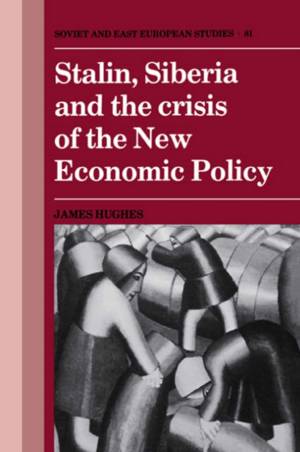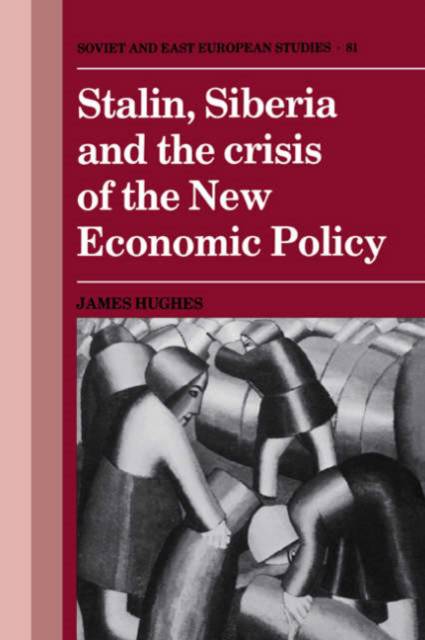
- Afhalen na 1 uur in een winkel met voorraad
- Gratis thuislevering in België vanaf € 30
- Ruim aanbod met 7 miljoen producten
- Afhalen na 1 uur in een winkel met voorraad
- Gratis thuislevering in België vanaf € 30
- Ruim aanbod met 7 miljoen producten
Zoeken
Stalin, Siberia and the Crisis of the New Economic Policy
James Hughes
€ 69,45
+ 138 punten
Uitvoering
Omschrijving
This book makes an important contribution to the current re-evaluation of the origins of Stalinism. Hitherto, Western scholars have focused on leading personalities to analyze the crisis of the New Economic Policy. Dr. James Hughes, however, examines the processes at work under the NEP from the regional perspective of Siberia. He looks at party-peasant relations, the kulak question, Stalin's patron-client network in the provinces, the regional impact of the grain crisis of 1927-28 and the use of emergency measures to overcome it. He concludes that Stalin's experience of conditions that were unique to Siberia accelerated his negative reappraisal of the NEP and initiated the descent into the cataclysm of his "revolution from above" in late 1929.
Specificaties
Betrokkenen
- Auteur(s):
- Uitgeverij:
Inhoud
- Aantal bladzijden:
- 280
- Taal:
- Engels
- Reeks:
- Reeksnummer:
- nr. 81
Eigenschappen
- Productcode (EAN):
- 9780521545693
- Verschijningsdatum:
- 3/06/2004
- Uitvoering:
- Paperback
- Formaat:
- Trade paperback (VS)
- Afmetingen:
- 152 mm x 229 mm
- Gewicht:
- 412 g

Alleen bij Standaard Boekhandel
+ 138 punten op je klantenkaart van Standaard Boekhandel
Beoordelingen
We publiceren alleen reviews die voldoen aan de voorwaarden voor reviews. Bekijk onze voorwaarden voor reviews.











